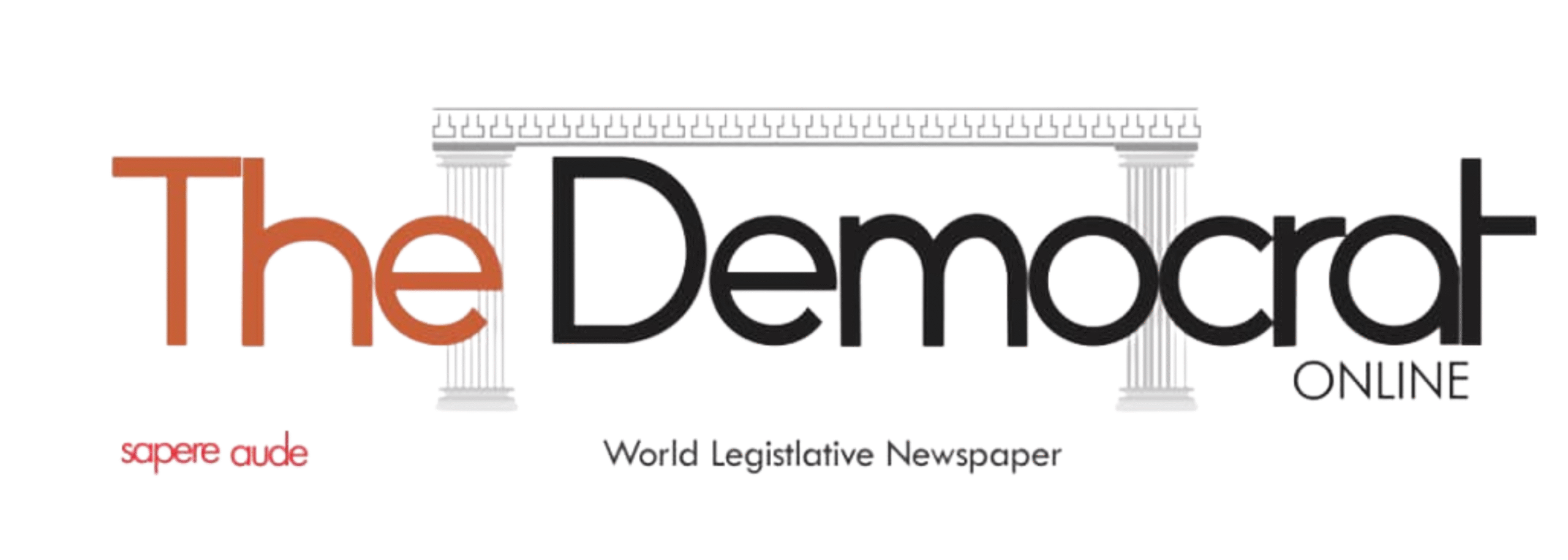
The recent sharp drop in oil prices, driven largely by U.S. President Donald Trump’s tariffs, is severely impacting oil-exporting countries like Nigeria, Angola, Venezuela, and Gulf states.
These nations are facing significant losses in hard currency revenues, straining their budgets. While the tariffs aim to address trade imbalances, they have triggered fears of a global economic slowdown, further reducing oil demand. Brent crude prices have fallen over 20% in just a week, hitting a four-year low. In response, Nigeria and other oil-dependent economies are taking steps to address the ongoing decline in oil prices.
The April crash in oil prices, dropping Brent crude to $63 per barrel, is adding fiscal pressure on oil-dependent countries like Nigeria, the Gulf states, Brazil, and Russia. Nigeria’s 2025 budget, set at N54.35 trillion, relies on oil for 56% of its revenue, with assumptions of producing 2.06 million barrels per day at $75 per barrel. However, concerns about pipeline vandalism and reduced investment cast doubt on achieving these targets, raising questions about the budget’s viability amid falling oil prices.Nigeria’s 2025 budget, valued at N54.35 trillion, is heavily dependent on oil revenues, with projections based on producing 2.06 million barrels per day at a benchmark price of $75 per barrel.
However, falling global oil prices—now below the benchmark—along with challenges like pipeline vandalism, oil theft, and declining investment, are raising serious concerns about the budget’s feasibility and the government’s ability to fund key programs. Meanwhile, oil-importing countries such as Turkey, India, Pakistan, Morocco, and parts of emerging Europe are expected to benefit from the lower crude prices.
Falling oil prices are hitting oil-exporting countries harder than the benefits seen by importers, with significant implications for public finances and credit risks. Most oil-exporting nations based their budgets on an average oil price of $69, but current prices fall short, putting pressure on countries like Angola and Bahrain. Angola, particularly vulnerable, recently paid $200 million to JPMorgan after a margin call on a $1 billion loan backed by its dollar bonds.
The loan was a strategy to manage liabilities amid limited access to international markets due to high debt levels. Despite rising bond yields and IMF warnings of high debt distress, Angola maintains that its debt remains on a stable path.




